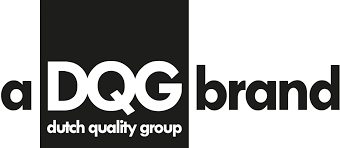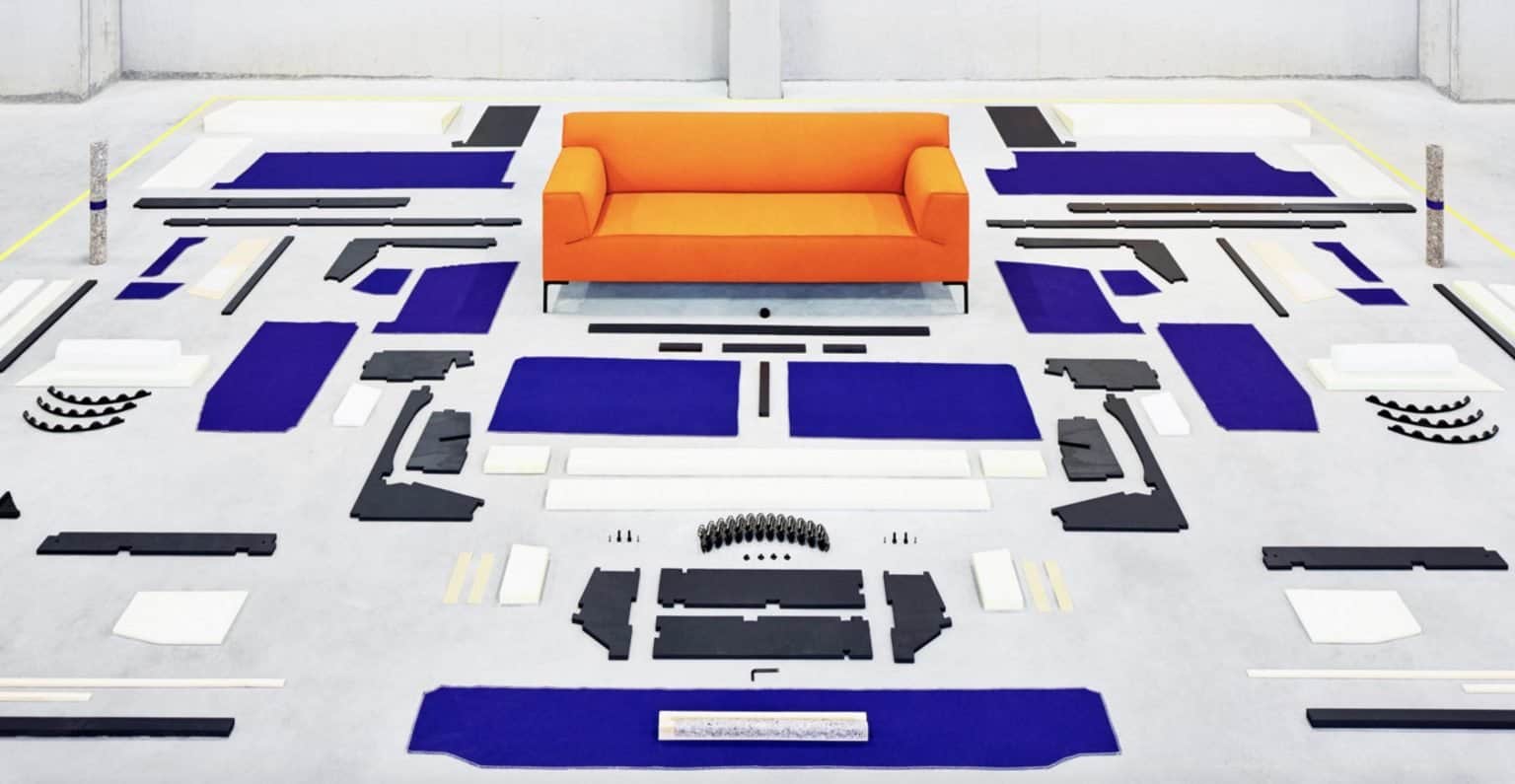Investing in the 'soft side'; many organizations are somewhat hesitant about it. Unjustly, knows Cees Scheurwater, Chief Operating Officer at Dutch Quality Group (DQG). By investing in the 'soft side' and working well-organized, the results of his organization have skyrocketed.
Professionalizing the company and placing more focus on the employee: that's what Cees Scheurwater wanted when he became co-owner of DQG, a company that develops and manufactures designer furniture, in 2015. "Organizational change is a slow process, it takes time and the right tools. I knew that the human aspect within this company was neglected. But I believed that with the right vision and a plan, we could turn this around." Just two days into the job, Scheurwater started looking for an HR manager. He found Marlon Stroosnijder, someone who, like him, is strongly focused on talent management. "We had to build everything within the organization from scratch, but at the same time, we were growing and you need the right people for that," says Stroosnijder. Together, they chose the TMA Method as the philosophy for talent management within DQG.


